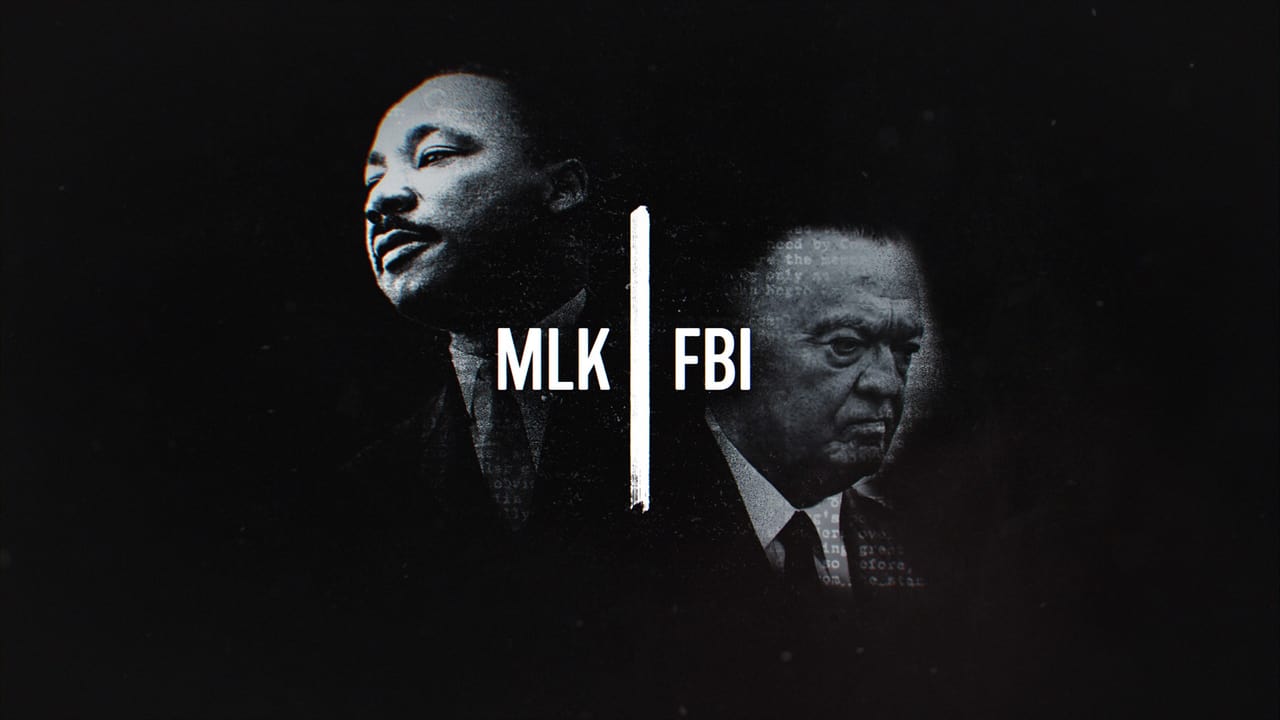MLK/FBI
by George Wolf
This year’s Dr. Martin Luther King, Jr. day arrives during a time in history that has worn out the word “unprecedented.” And it is the gravity of these times that only serves to make veteran documentarian Sam Pollard’s MLK/FBI ring with more timely urgency.
Mixing some impressive historical footage, newly declassified files and more recent interview perspectives, Pollard dives into the FBI’s harassment of Dr. King with a steady, tactical approach.
For those unfamiliar, it becomes a chilling reminder of a courageous and charismatic civil rights leader, and the powerful white men who felt the best way to weaken Dr. King was through revelations of his sexual indiscretions.
And as you hear racists from decades past recite the same, tired excuses for their fear and bigotry that we’re hearing now, the folly of our confident righteousness is exposed with a sad irony.
Looking back, former FBI director James Comey describes the assault on Dr. King as the saddest days in the history of the bureau. Those times were daunting, too, and they called for accountability that never came.
Are we condemned to repeat that history? We’ll see very soon, which makes the lessons of MLK/FBI as vital as ever.




